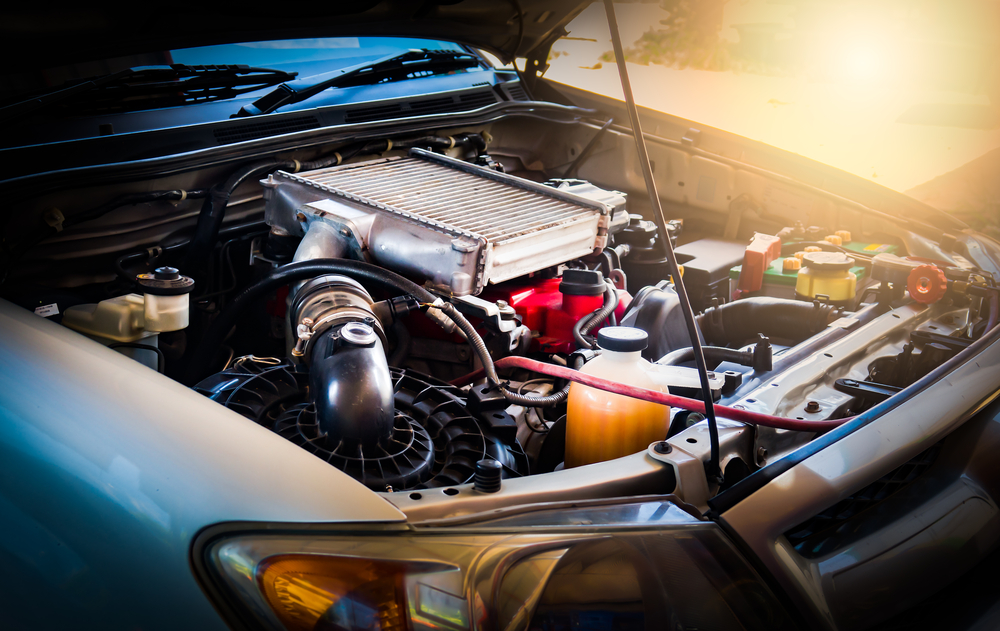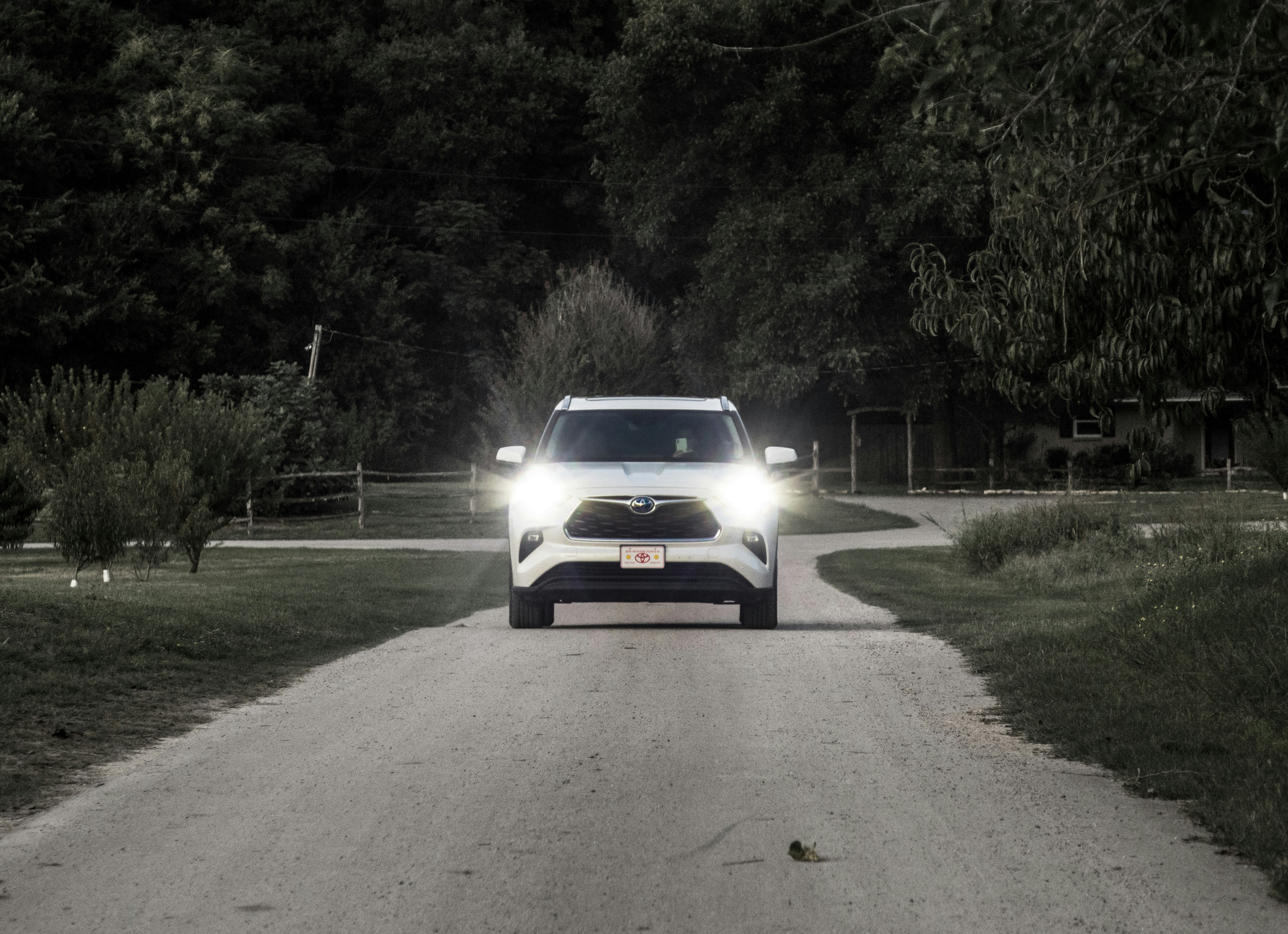How to Save Money When Buying a Classic Pickup: A Comprehensive Guide
Classic pickup trucks combine vintage appeal with utility, making them increasingly popular among collectors and enthusiasts alike. However, purchasing these vehicles often involves unique considerations that can significantly impact your budget. Understanding how to navigate the classic pickup market can save you thousands while still helping you acquire the truck of your dreams. This guide explores practical strategies to reduce costs when investing in a classic pickup, from research techniques to negotiation tactics.

Understanding the Classic Pickup Market
The market for classic pickups has experienced significant growth over the past decade. Models like the Ford F-Series from the 1950s and Chevrolet C10s from the 1960s-70s have seen their values climb steadily. Before entering this specialized market, it’s essential to understand pricing trends and value factors. Classic pickups typically command higher prices based on rarity, condition, originality, and historical significance. Researching recent sales through auction sites, classic car dealer inventories, and enthusiast forums provides valuable price benchmarks. Many first-time buyers overpay simply because they lack market knowledge, making research your first money-saving strategy.
Identifying Hidden Costs When Buying a Classic Pickup
The sticker price represents only part of your total investment in a classic pickup. Additional costs can quickly accumulate, sometimes doubling your initial budget. Common hidden expenses include transportation from seller to your location, which can range from $500-$1,500 depending on distance; immediate mechanical needs that may not be apparent during inspection; parts availability challenges for rare models; specialized insurance coverage; and proper storage requirements. By accounting for these potential expenses upfront, you can establish a more accurate budget and avoid financial surprises after purchase.
Where to Find Affordable Classic Pickups
Finding reasonably priced classic pickups requires looking beyond mainstream channels. While online marketplaces like Hemmings and Bring a Trailer offer convenience, they typically feature premium-priced vehicles. Consider alternative sources such as local classified ads, estate sales, farm auctions in rural areas, and classic car club newsletters. Many exceptional deals come from word-of-mouth connections within the classic truck community. Developing relationships with enthusiasts, mechanics specializing in vintage vehicles, and restoration shops can lead to off-market opportunities. Additionally, vehicles requiring modest restoration work typically sell for significantly less than fully restored examples.
Evaluating Condition vs. Restoration Needs
One of the most critical money-saving decisions when buying a classic pickup involves the vehicle’s condition and your restoration capabilities. Fully restored trucks command premium prices, while project vehicles sell for considerably less. The sweet spot for many buyers is finding a mechanically sound truck with cosmetic needs—these vehicles often offer the best value proposition. Before purchasing, create a detailed assessment of required repairs, factoring in parts availability and labor costs if you can’t complete the work yourself. Having a knowledgeable classic truck mechanic perform a pre-purchase inspection (typically $100-$300) can prevent expensive surprises and strengthen your negotiating position.
Negotiation Strategies for Classic Pickup Purchases
Effective negotiation can save thousands when buying a classic pickup. Start by thoroughly researching the specific model’s market value through completed auction results and dealer listings. Document any issues found during inspection and calculate their repair costs—this provides concrete justification for price reductions. When negotiating, remain respectful but firm about the vehicle’s actual value based on condition and needed repairs. Consider timing your purchase during off-peak seasons (late fall and winter) when seller motivation may be higher. For private sellers, having cash in hand can sometimes secure a better deal than financing options.
Classic Pickup Ownership Costs and Considerations
Understanding ongoing ownership costs helps ensure your classic pickup remains affordable long-term. These vehicles typically incur different expenses than modern trucks, requiring specialized maintenance considerations.
| Expense Category | Typical Annual Cost | Considerations |
|---|---|---|
| Insurance | $200-$600 | Agreed value policies recommended |
| Maintenance | $800-$2,500 | Varies by condition and usage |
| Parts | $500-$3,000 | Depends on rarity and restoration needs |
| Storage | $0-$2,400 | Climate-controlled storage recommended |
| Registration | $40-$200 | Varies by state; historic plates often cheaper |
Prices, rates, or cost estimates mentioned in this article are based on the latest available information but may change over time. Independent research is advised before making financial decisions.
Many classic pickup owners reduce costs by performing routine maintenance themselves and gradually addressing restoration needs over time rather than all at once. Additionally, certain models like 1967-72 Chevrolet C10s and 1953-56 Ford F-100s have excellent aftermarket support, making parts more affordable and accessible compared to rarer models. Joining model-specific clubs often provides access to discounted parts, free technical advice, and cost-saving maintenance tips.
Balancing Authenticity with Affordability
Finding the right balance between originality and affordability represents one of the biggest challenges when buying a classic pickup. While fully original, numbers-matching vehicles command premium prices, trucks with period-correct modifications or tasteful upgrades often sell for less while providing better drivability and reliability. Consider which aspects of authenticity matter most to you. For many enthusiasts, maintaining original body lines and exterior appearance while upgrading mechanical components offers an ideal compromise between historical accuracy and practical use. This approach typically costs less than pursuing complete originality while resulting in a more enjoyable driving experience.
Classic pickup trucks continue to capture the imagination of automotive enthusiasts, representing both cultural heritage and practical utility. By researching thoroughly, understanding hidden costs, exploring alternative purchasing channels, evaluating condition realistically, negotiating effectively, and planning for ongoing expenses, you can significantly reduce the financial impact of buying these vintage vehicles. The most successful classic pickup purchases combine passion with pragmatism, resulting in both emotional satisfaction and financial sensibility.




